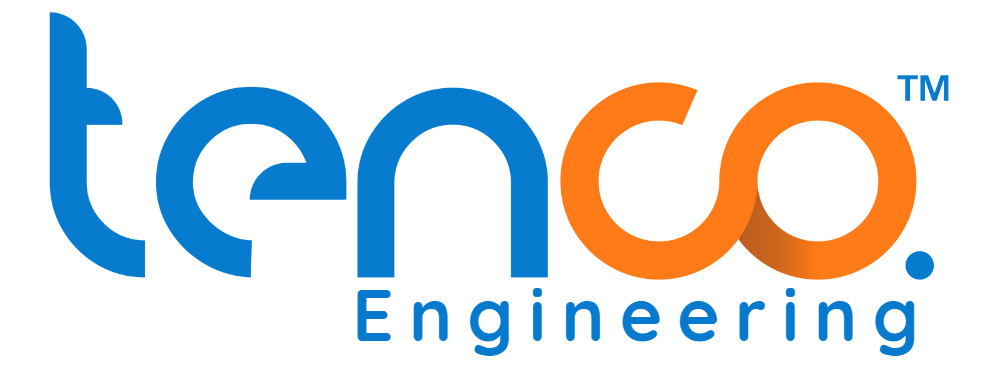What Is IoT in Industrial Automation? IoT in industrial automation refers to the integration of internet-connected sensors and systems to optimize industrial processes, especially in real-time. Ever wondered how factories...
info@tencoengineering.pk
Call Us
+92 300 500 6839
Monday - Satday:
10am - 6pm
Schedule Site Survey

